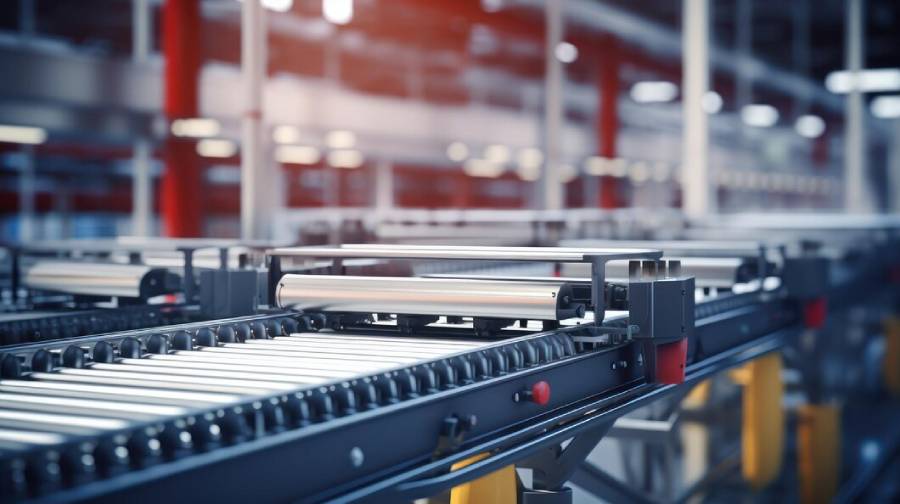Today’s warehousing environment requires operating in the most efficient, productive, and safest manner possible. A conveyor system is without a doubt one of the most crucial aspects of a properly managed warehouse.
Conveyor systems eliminate the need to manually move goods within your facility, thus saving on costs while increasing throughput. However, selecting the right conveyor system poses a challenge due to the myriad choices in the market.
Understanding Your Warehouse Needs
Before selecting a conveyor system, you should assess the needs of your warehouse in detail. Think about the kinds of products you deal with, their weight, size, and shape. Each conveyor is suited for specific product types, so selecting the wrong one could slow down your operations or harm your products. Seeking advice from material handling solutions suppliers can assist in acquiring the right solutions.
Types of Conveyor Systems
There are many types of conveyors provided by material handling companies, with specific solutions depending on the industry and context. Below are the most common types:
- Belt Conveyors: Owing to their flexibility in operation and general application, these conveyors are best suited for handling products of different dimensions. They are low-profile structures and apt for most common warehouse functions.
- Overhead Conveyors: These conveyors run above the floor of the warehouse and do not take up floor space. Convenient for factories and assembly lines that have limited space on the floor.
- Roller Conveyors: Suitable for handling flat-bottomed loads such as boxes or pallets and can be gravity-fed or motorized. Gravity rollers are cheaper and do not need a power supply, while motorized rollers offer easy and efficient movement of goods especially those that could easily be damaged.
- Chain Conveyors: Designed for high capacity, these are common in handling large and massive loads such as pallets. They are strong and efficient in dealing with heavy loads.
Factors to Consider When Choosing a Conveyor System
Picking the right conveyor system goes beyond choosing the type of conveyor to use. Here are other critical factors to consider:
- Durability and Maintenance: Conveyor systems should be strong enough to endure tough handling from a warehouse environment. Choose systems that do not require frequent maintenance so they can serve the intended purpose for the long haul.
- Energy Efficiency: Energy is one of the major cost drivers in a business. Conveyor systems that use less energy not only protect the environment but also cut the expense of electricity bills.
- Scalability: As your warehouse expands, it’s natural that you encounter a greater necessity for more efficient handling of goods. Select a conveyor system that can be configured to work with your warehouse management system to accommodate future expansion and growth.
- Safety Features: The safety of workers in any warehouse environment is very important. Conveyor systems should have safety measures like stop buttons and safety guards as well as signals that alert workers of a possible accident.
Conclusion
Purchasing the right conveyor system is an important business decision that positively affects warehouse performance. When you evaluate your operational requirements, familiarize yourself with the different types of conveyors and their characteristics. Whether you have to transport sturdy items, delicate equipment, lots of parcels, or something else, the right conveyors will help minimize downtime and optimize your operations.
